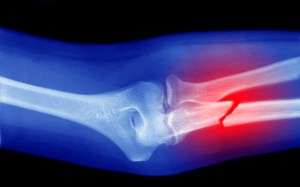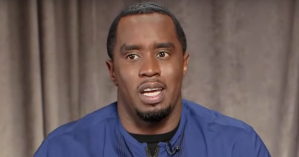A Hennepin County judge dropped a third-degree murder charge against former Minneapolis police officer Derek Chauvin Thursday in the May 25 killing of George Floyd, reports the Minneapolis Star Tribune. Chauvin still faces the more serious charges of second-degree murder and second-degree manslaughter in Floyd’s death which sparked nationwide protests against police brutality and racism over the summer.
Chauvin, who was released on $1 million bond earlier this month after his May 29 arrest, was caught on camera kneeling on Floyd’s neck for almost eight minutes, while the Black man pleaded with him and three other officers at the scene that he couldn’t breathe before his death. Judge Peter Cahill ruled Thursday that those three officers — J. Alexander Kueng, Thomas Lane and Tou Thao — will remain charged with aiding and abetting murder and manslaughter. Attorneys for all four of the defendants had filed motions to have cases against their clients dismissed, making Cahill’s rulings Thursday the most significant pretrial markers since the judge was assigned to the case this summer and easing concerns of some activists who worried the case of Floyd’s death would never be heard in the court system.
Videos by PopCulture.com
Cahill is also expected to rule on a motion filed by Attorney General Keith Ellison’s office to try the four defendants in one trial instead of separately, but the decision had not been filed in the court by early Thursday, according to the Star Tribune. Ellison’s office made the argument for one trial, saying evidence against the four is similar, and that witnesses and family members “are likely to be traumatized by multiple trials.” Cahill has also not ruled on if he will relocate the trial outside of Hennepin County as requested by the defense attorneys, who have claimed media coverage would taint the jury pool, also citing safety concerns for the defendants and the possibility that protesters would influence witnesses and jurors.
In June, Ellison assured protesters and concerned community members that he would seek justice for Floyd after his death. “To the Floyd family, to our beloved community, and everyone that is watching, I say: George Floyd mattered. He was loved. His life was important. His life had value. We will seek justice for him and for you and we will find it,” he said at the time. He added that he doesn’t believe “one successful prosecution can rectify the hurt and loss that so many people feel. The solution to that pain will be in the slow and difficult work of constructing justice and fairness in our society.”









